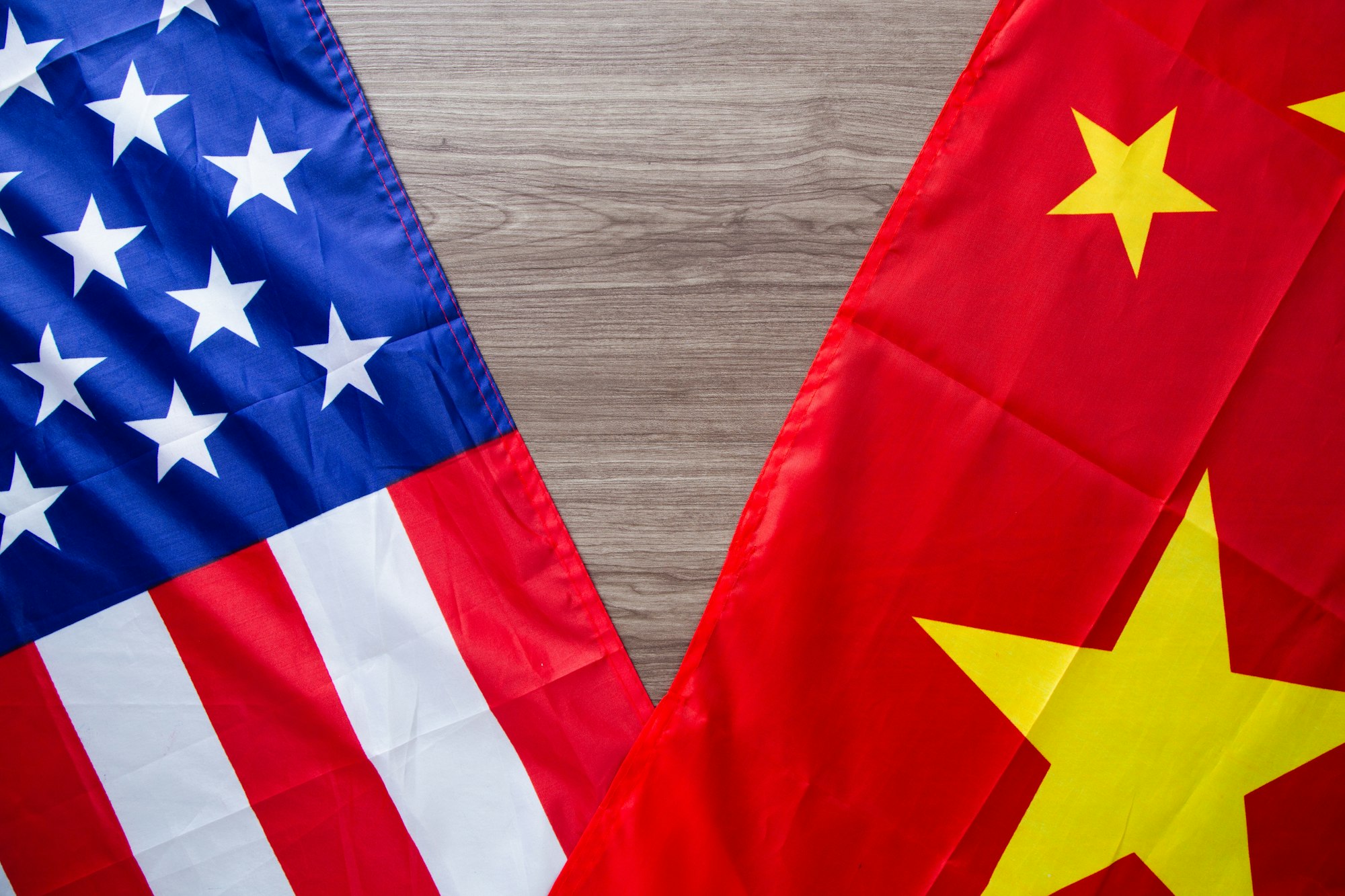Report: China is Challenging U.S. Leadership in Quantum

Insider Brief
- According to a report, China leads in quantum communication and matches the U.S. in quantum sensing, but lags behind in quantum computing, particularly in hardware and practical systems.
- China’s approach focuses on transforming proven quantum ideas into products, with notable achievements like the 1,200-mile Beijing-Shanghai QKD network and the Micius satellite, but it relies heavily on domestic resources and limited global collaboration.
- The report urges the U.S. to take immediate action, recommending increased R&D funding and international collaboration to counter China’s insular strategy and maintain quantum leadership.
China dominates the field of quantum communication and roughly matches the United States in the field of quantum sensing, although it lags behind in quantum computing, according to a new report from the Information Technology and Innovation Foundation (ITIF), the leading think tank for science and technology policy.
The new report on quantum information science is the latest installment in a 20-month ITIF investigation of China’s innovative performance in key advanced industries and technologies. The series culminates with a September 18 briefing event on Capitol Hill.
“China leads at transforming proven quantum ideas into advanced products and services, but it doesn’t lead in generating the most groundbreaking new concepts,” said Senior Policy Manager Hodan Omaar, one of the report’s authors. “That’s why it leads in areas like quantum communication, where the technology is ready for application, but lags in quantum computing, where theoretical concepts exist, but the pathway to practical implementation remains unclear.”
ITIF’s investigation finds that China has established itself as a global leader in quantum communication, exemplified by the 1,200-mile Beijing-Shanghai quantum key distribution (QKD) network, the world’s longest, and the groundbreaking Micius satellite, which extends secure quantum communication over greater distances. In contrast, China significantly trails the United States in quantum computing, particularly in hardware and practical system implementation.
Other key findings include:
- China leads the United States in both the quantity and quality of its research output in the field of quantum communication. In quantum computing, it leads in total research output, whereas the United States far outperforms China in research quality. And in quantum sensing, China produces more research, and the two countries are neck-in-neck in research quality.
- China far and away leads in domestic quantum communication patents, and has a considerable lead in quantum sensing patents, while the United States leads in quantum computing patents.
- China claims over $15 billion in public funding for quantum R&D, offsetting a U.S. advantage private funding.
- China’s quantum strategy is insular, relying on domestic resources with limited global collaboration. This approach yields rapid gains but poses long-term risks in sustaining complex technology advancements.
- Government-led industrial hubs such as Hefei’s “Quantum Avenue” are pivotal for cultivating China’s quantum industry, creating a direct pipeline from academic research to market-ready technologies that serve national priorities.
- China’s state control over quantum R&D is growing, with firms like Alibaba and Baidu exiting quantum research, aligning innovation with national goals and reducing private sector involvement.
- China selectively engages with open innovation environments abroad while protecting its own quantum advances, creating an asymmetric knowledge-sharing environment.
To maintain its leadership in quantum technology, ITIF concludes the United States must take immediate and decisive action, including significantly increasing funding for research and development. The report recommends at least $675 million annually for five years.
ITIF also argues building strong partnerships with allied nations to pool resources and expertise is essential to counter China’s insular approach. The report recommends expediting commercialization of quantum innovations and supporting targeted initiatives that address public sector challenges to ensure a robust innovation ecosystem for quantum technologies.
“The United States should take immediate and decisive action to maintain its leadership in quantum technology,” said Omaar. “China has set a national goal of leading in quantum by 2035. It’s a key part of Xi Jinping’s plan to gain competitive advantage in advanced industries and technologies. So, to remain at the forefront, the United States must respond in kind.”
